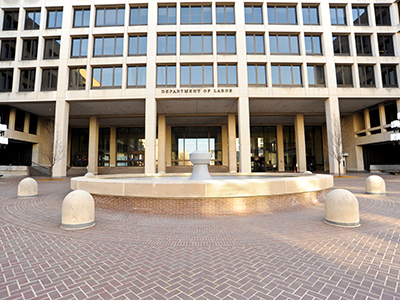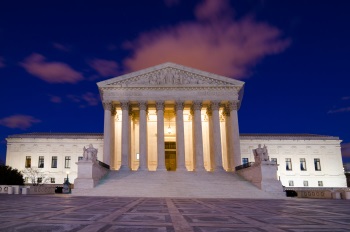The U. S. Supreme Court unanimously ruled on April 29 that courts can review whether the EEOC has satisfied its obligation under Title VII to conciliate before running to court. Title VII dictates that when the EEOC believes that an employer has discriminated against its employees, it must attempt to “eliminate such alleged unlawful employment practice by informal methods of conference, conciliation and persuasion.” However, if the EEOC cannot obtain a conciliation agreement that “is acceptable to the Commission,” the EEOC may then bring a lawsuit. Up to now, there has been some debate as to what the EEOC needs to do to prove that it has cleared the conciliation hurdle before sprinting into litigation. In one of the most important labor and employment decisions of this term, the Court held that courts have limited authority to review the EEOC’s conciliation efforts, adopting a middle-ground position that “respects the expansive discretion that Title VII gives to the EEOC over the conciliation process, while still ensuring that the Commission follows the lead.” Mach Mining LLC v. EEOC, U.S., No. 13-1019, 4/29/15.
READ MORE →











